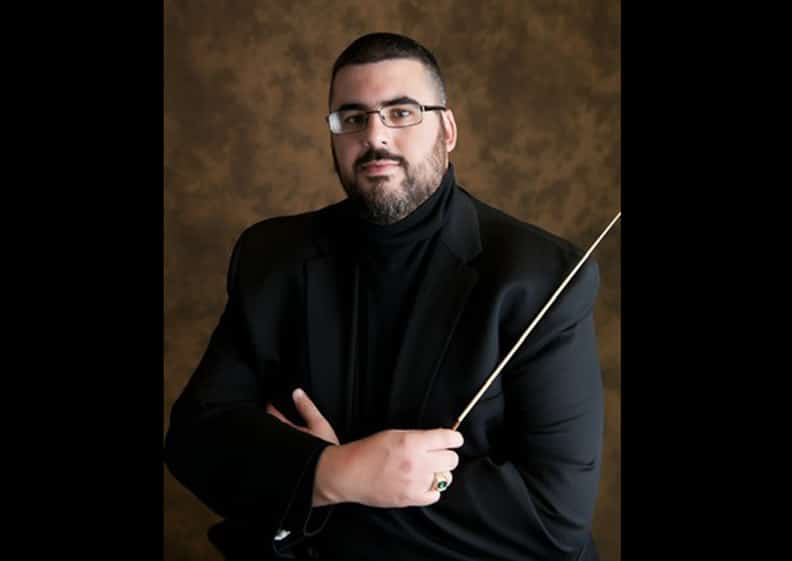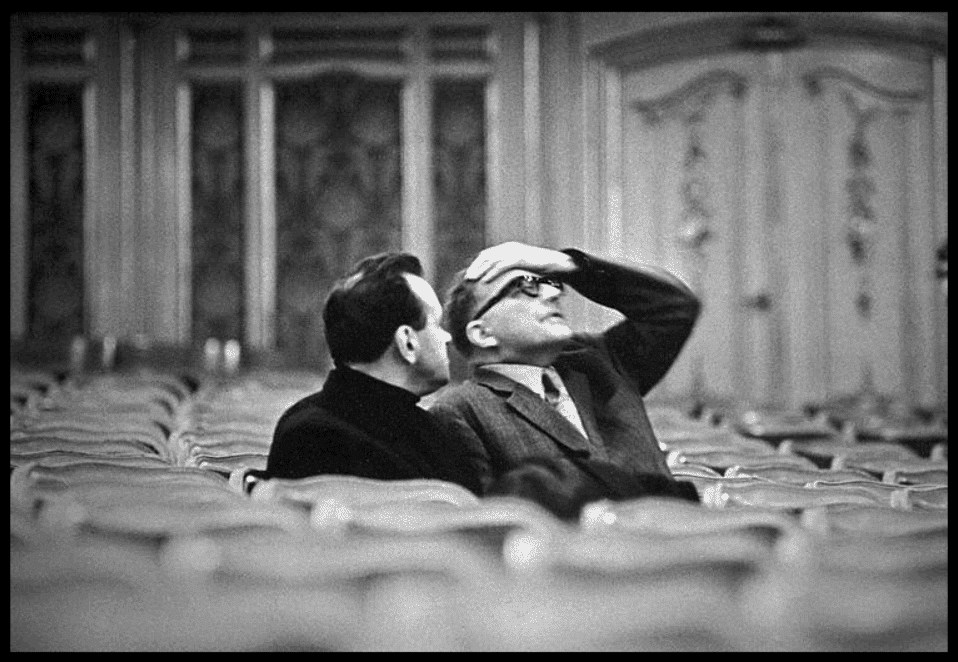John Berry: ENO is being funded at 1994 levels
mainThe former artistic director of English National Opera has written to the Sunday Times correcting a spate of inaccuracies and misapprehensions in its chief critic’s reporting of the crisis. Here’s his letter:

poster: Carmen at ENO
The article “Notes on a scandal at ENO” (Culture, last week) is based on incorrect assumptions. In light of the recent 30% funding cut to ENO, after years of standstill grants and cuts, the company’s grant is now close to what it was in 1994. This is equivalent to a small, regional European opera house and is just a fraction of the budget of large, international houses.
Hugh Canning praises the 1989-90 season for offering 18 productions, six of which were new, yet criticises productivity during my tenure. My last season had 15 productions, nine of which were new. He also criticises what he calls “expensive” co-productions.
By co-producing with international houses, I was able to secure multimillion-pound investment resulting in more than 40 productions, created and premiered by ENO, such as Terry Gilliam’s Benvenuto Cellini, Anthony Minghella’s Madam Butterfly and David Alden’s Peter Grimes — all applauded in your pages. ENO’s audiences would not have experienced any of this work without international investment.
His criticism that the programming is “offbeat” and “esoteric” is misleading given that the majority of our awards were for mainstay repertoire such as Wagner, Handel, Tchaikovsky, Puccini, Janacek and Britten. Over the past 10 years ENO has wonmore prestigious opera awards than any other UK opera company.
Canning is inaccurate that Rupert Goold’s production of Turandot “struggled . . . at the box office”, since it was one of the biggest-selling shows, attracting more than 27,000 people.
It was decided that rather than renting out Easter weeks to visiting dance companies, ENO would mount an annual musical, thereby utilising our orchestra and providing increased revenue. This was underwritten, at zero financial risk to ENO, by a commercial producer, and the first project, Sweeney Todd, was a huge success.
I am delighted at the praise Canning heaps on Mark Wigglesworth, not only because I am proud to have hired him but because I endorse his passionate commitment to retaining his orchestra and chorus.
John Berry CBE, Former Artistic Director, ENO





and let’s not forget one of the commissions which took place during this tenure.
Barry’s “Bitter Tears of Petra von Kant” easily outshining some of the high profile, but ultimately rather anodyne new operas i’ve seen at the ROH.
It’s been interesting to see this debate play out on this and other websites.
Perhaps the critics who have written on both sides of the debate are well-intentioned, but I wish they would not rely on what they THINK has happened and ask questions as to what is REALLY happening.
Three brief points:
1) Singers do not earn nearly as much as you think they do. A singer in ENO has a fee, in real terms, that is massively lower than it was in 1990. Out of this, they have to pay increased costs in terms of accommodation, travel, coaching and publicity. If you become an opera singer in this day and age, it is not to become rich.
2) ENO takes risks on new works and even commissions new works. It does not do this because it is ‘edgy’. It does this because it’s in its remit to do so. The company was formed to perform main repertory operas in English, and to provide a home for new English-language works. Don’t ask an organisation to do something, then hit it over the head with a stick when it does exactly what you ask. If you blame the marketing department, you only have part of the story. You can equally blame the paucity of education in modern art and music at secondary and tertiary education levels.
3) ENO and ROH are hugely underfunded in relation to many opera houses in Europe. You might not like to hear this. To properly fund our opera houses and symphony orchestras would not require a huge leap in taxation per individual. What it would do is allow these institutions to have security. It would allow them to pay their singers and musicians properly. It would also allow them to lower their ticket prices drastically. Under Mark Wigglesworth, with the orchestra and chorus in their pomp, ENO has a real shot at becoming a highly significant international company. The cost to the individual taxpayer? 20p, 50p – when offset against massively cheaper tickets, not exactly onerous, is it?